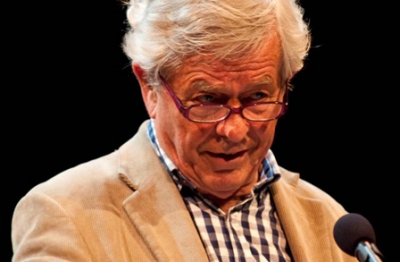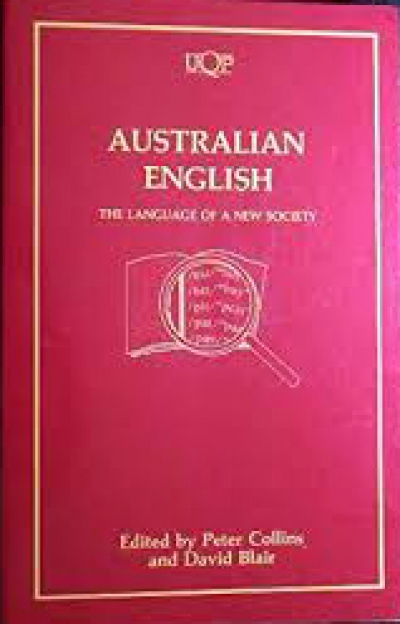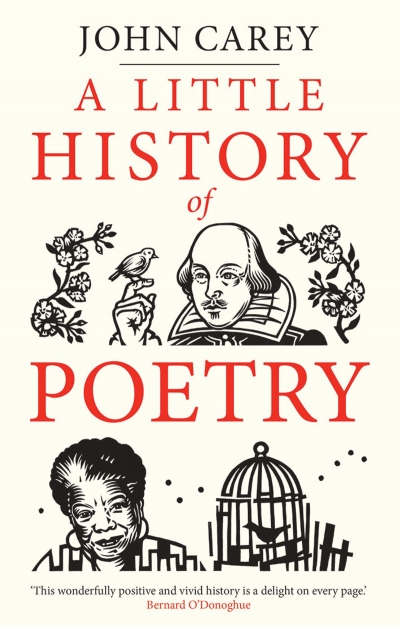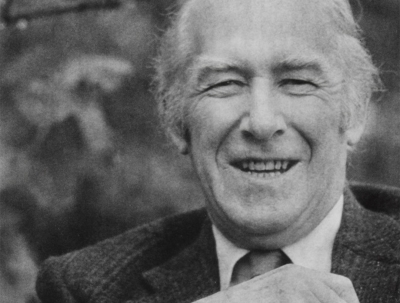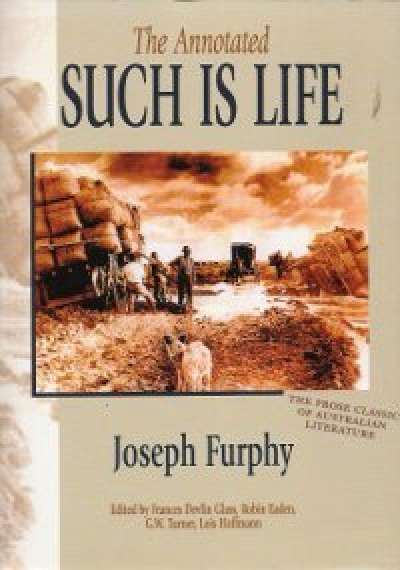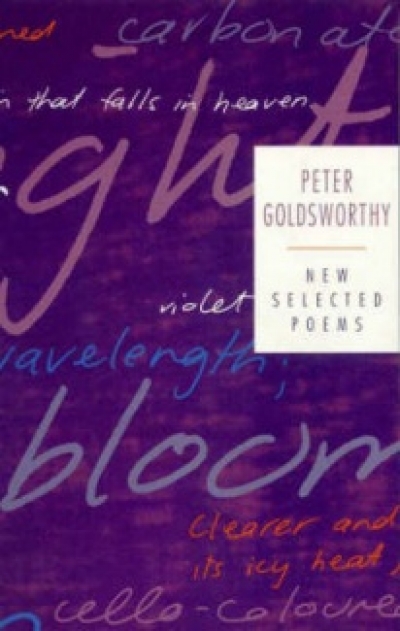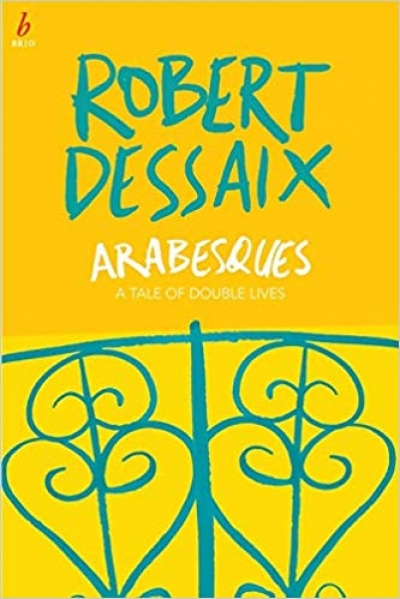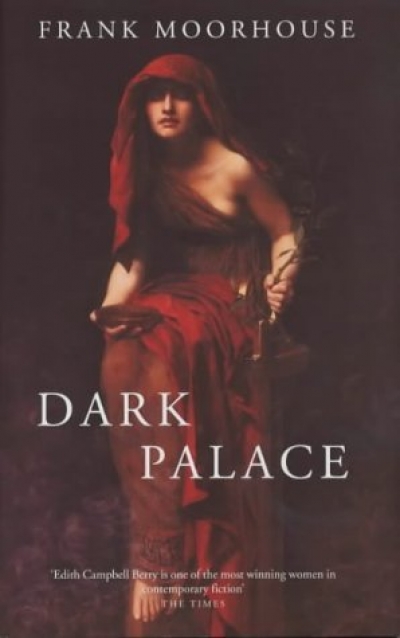Chris Wallace-Crabbe

Chris Wallace-Crabbe AM is the author of more than twenty collections of poetry. His most recent books of verse include The Universe Looks Down (2005), and Telling a Hawk from a Handsaw (2008). He is Professor Emeritus in Culture and Communication at Melbourne University. Also a public speaker and commentator on the visual arts, he specialises in ‘artists’ books’. Read It Again, a volume of critical essays, was published in 2005. Among other awards he has won the Dublin Prize for Arts and Sciences and the Christopher Brennan Award for Literature. His latest book is Rondo (2018).
The three books under review here promote no generalisation about the condition of poetry, the health of the beast, unless they call to mind the difference between poems which are interesting from line to line and those which somehow resonate as wholes. R.H. Morrison, the eldest of the three poets, is the one who most often produces whole poems, at least to my ear.
Morrison is someone who has bee ... (read more)
Language like the weather, is something that everybody wants to talk about, itemise or complain about. All of us have our views about this or that departure from a supposed norm, this or that barbarous neologisms, this quaint local usage, that oddity of pronunciation. Many of us, too, can be as cranky about language as we are about our interpretations of the weather. For myself, I should like to s ... (read more)
I must admit to being intrigued by any self-proclaimed ‘Histories of Everything’, so I leapt at the prospect of a dense history of my favourite creative art and how it flourished in our past centuries, right down to a couple of writers who died in 2019. And occidental only: that is, apart from a sidelong glance at Hafez, Tagore, and Li Po’s fellow poets. Unless you regard the Russians, that ... (read more)
‘They fly forgotten, as a dreamDies at the opening day.’
Isaac Watts, ‘O God, Our Help in Ages Past’
We play because we kow-tow and are free; a set of guidelines activating choiceor so we hope. The mineral poet wrote,‘By loss of memory we are reborn’,but memory’s the root of active power:we grab the minute and we grasp the hourhoping that such engagement ... (read more)
As physical as he was metaphysical, his playful courtesy equal to his reflectiveness, Alec Hope has mortally gone from us now. In his time, which was far from short, he was like nobody else in our literary landscape. Coming from an age in which subject matter mattered, Hope became a poet of astonishingly wide range, as of remarkable intensity. His burning star has been clouded a little in recent d ... (read more)
At last, books about Such is Life and its endearingly attractive, quixotically sophisticated author, Joseph Furphy, are coming out. Three in the last few months is a welcome harvest, certainly a happier response than Furphy got during the prolonged Wilcannia showers of his life.
The history of Furphy’s reputation is well known, and yet its rough outlines will bear repetition. His dauntingly int ... (read more)
Peter Goldsworthy, doctor and poet, is a writer of significant style and concision. This new selection of his lyric poetry lives up to its jaunty, graffitied, lavender cover; it bespeaks lightness. And lightness is damned hard work. You don’t get there just by smiling and going to book launches.
The New Selected Poems bears out my harvested sense of his zest and pith. If Andrew Marvell had ever ... (read more)
Who is, or rather who was, André Gide? I ask this because a distinguished editor warned me, on hearing that I was about to review Robert Dessaix’s enticing new book, that nowadays nobody would remember who Gide was. Ah, the years, the years!
It was another story in the time of my youth. When I was playing out my student days, you couldn’t help knowing about Gide. He was part of the flav ... (read more)
Relations between the public arena and the private are what the novel is all about. This loose, generous prose form was developed in early-modern Europe to enable a vigorous bourgeois imagination to ask the question: what is public, in fact, and what is private. If this could no longer be determined by titles and duties, properties and subservience, countesses and clowns, a kind of unrolling narra ... (read more)

